The Early Years Foundation Stage covers the development of children from birth to 5 years of age. It has a separate and distinct curriculum which allows children to learn through exploring, discovering and playing. The Early Years Foundation Stage provides firm foundations for children in which future building blocks of learning and development can be placed.
Your child’s early years’ experiences should be happy, active, exciting, fun and secure – supporting their crucial early development and learning needs.
Learning and development is categorised into three prime areas of learning:
- Communication and language
- Physical development
- Personal, social and emotional development
Additionally, there are four specific areas of learning:
- Literacy
- Mathematics
- Understanding the world
- Expressive Arts and Design
As EYFS staff we are not just interested in what your children learn, but how they learn. This is called the ‘Characteristics of Effective Learning’
- Playing and exploring
- Active learning
- Creative and critical thinking
At the end of the summer term, we complete an assessment called the EYFS Profile. This indicates whether your child has reached expected levels in the seven areas of learning at the end of the Reception year. These expectations are called the Early Learning Goals (ELGs).
Intent Statement
We know that each child is unique and they have their own starting point, fascinations and interests. Our curriculum reflects the nature of our intake. It is designed to recognise children’s prior learning and provide the best possible start to their school life, ensuring each individual reaches their full potential from their various starting parts.
Our curriculum is designed to enable children succeed through playing and exploring, active learning and creating and thinking critically. We also recognise the importance of cooperative and collaborative play and learning. Our enabling environments and warm, skillful adult interaction support the children as they link learning to their play and exploration right from the start. Quality interactions between adults and children and first- hand, motivating experiences provide a language rich environment that supports children not only in their education, but in their future life experiences. We intend to provide a curriculum that encourages resilience, ambition and a lifelong love of learning.
Intended Impact
Our ambitious curriculum aims to teach all children the skills and knowledge in order to reach the 17 Early Learning Goals (ELGs) set by the Department of Education. Our intent is to ensure that each child makes good progress and is equipped with the skills and knowledge to make a smooth transition into Year 1.
During their earliest years, children will form attitudes about learning that will last a lifetime. It is our aim to support children to become creative, adventurous and brave learners throughout their lives.
Pupil Views
- “My favourite is going outside. I like the sand and water area.”
- “We do lots of things. I like making cookies with the playdough.”
- “We do so much!”
- “We learn letters and write them. We do sorting and matching.”
Documents
- EYFS Curriculum Offer
- St Gabriel’s EYFS Curriculum Goals
- How EYFS Links to National Curriculum
- Progression from EYFS to Year 1 – Communication & Language
- Progression from EYFS to Year 1 – Physical Development
- Progression from EYFS to Year 1 – Personal, Social, Emotional Development
- Progression from EYFS to Year 1 – Literacy
- Progression from EYFS to Year 1 – Mathematics
- Progression from EYFS to Year 1 – Understanding the World
- Progression from EYFS to Year 1 – Expressive Arts & Design
- Progression from EYFS to Year 1 – Additional Opportunities



